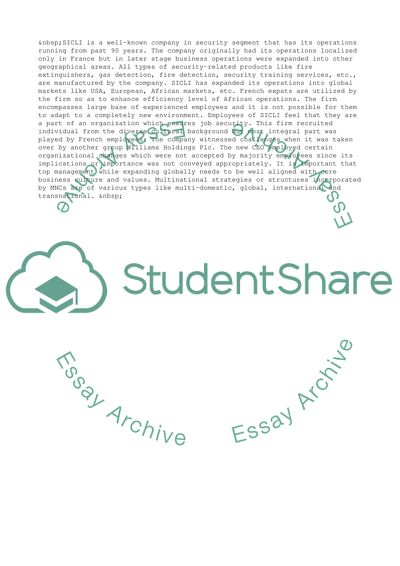Cite this document
(“Cross cultural management Case Study Example | Topics and Well Written Essays - 2250 words”, n.d.)
Cross cultural management Case Study Example | Topics and Well Written Essays - 2250 words. Retrieved from https://studentshare.org/business/1681903-cross-cultural-management
Cross cultural management Case Study Example | Topics and Well Written Essays - 2250 words. Retrieved from https://studentshare.org/business/1681903-cross-cultural-management
(Cross Cultural Management Case Study Example | Topics and Well Written Essays - 2250 Words)
Cross Cultural Management Case Study Example | Topics and Well Written Essays - 2250 Words. https://studentshare.org/business/1681903-cross-cultural-management.
Cross Cultural Management Case Study Example | Topics and Well Written Essays - 2250 Words. https://studentshare.org/business/1681903-cross-cultural-management.
“Cross Cultural Management Case Study Example | Topics and Well Written Essays - 2250 Words”, n.d. https://studentshare.org/business/1681903-cross-cultural-management.


